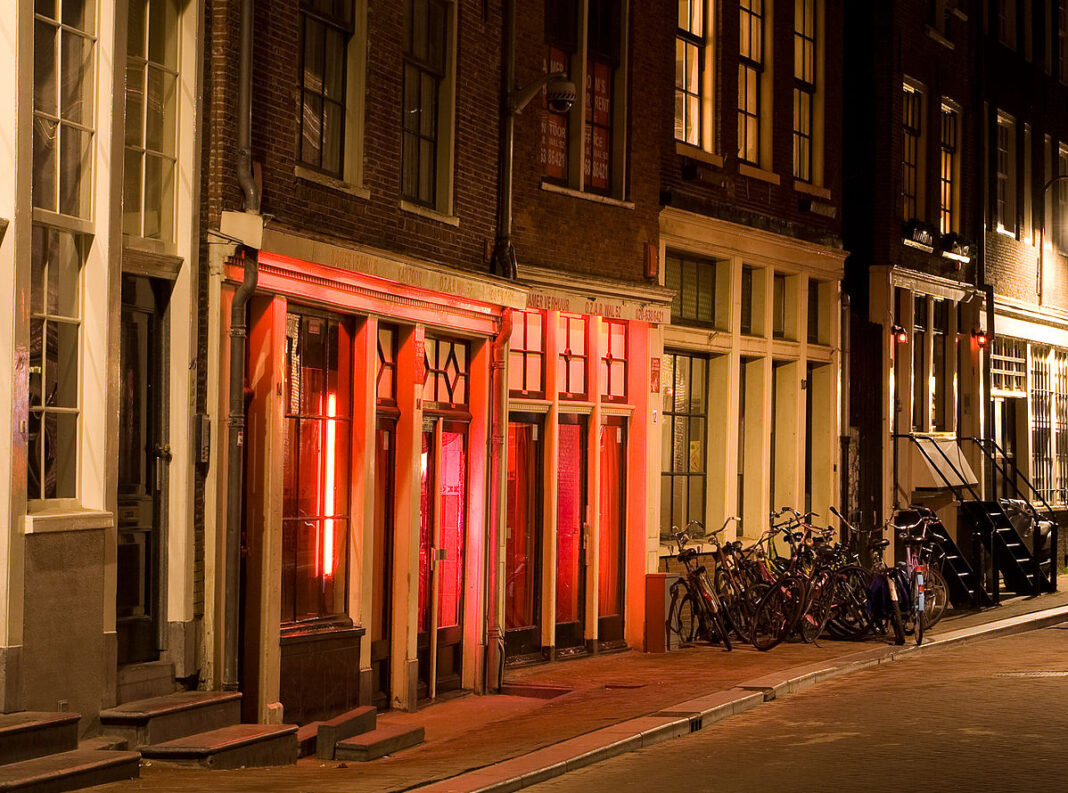The Red Light district may not be quite so lit due to coronavirus measures that have shut down most businesses across the country. But sex workers are still in business — from home, that is.
To prevent the spread of coronavirus in the Netherlands, the (former) Minister of Medical Care, Bruno Bruins announced that restaurants, sports clubs and — you guessed it, sex clubs, were to be closed. This announcement was made over two weeks ago.
Additional measures announced on March 24, include the prohibition of contact professions, including escort services and sex workers.
So what does that mean for sex workers?
Working from home
According to NOS, sex workers across the country are, like many of us in the Netherlands, working from home now.
“You shouldn’t think I’m lying around all day,” says Monica (a pseudonym) to NOS. “We also do some kind of work. A lot of my colleagues from the clubs do the same thing, either they work from home or they rent a room with a friend.”
Monica expects that more and more sex workers will increasingly relegate their work to the private sphere. “You can’t go hungry,” she notes. “It’s like the hairdresser, I can’t go there now so they must come to my house. Life continues, but under the radar.”
Money matters
Although the measures have been put into place for a reason, “the rent still has to be paid and the bread still has to be put on the shelf,” escort Lyle Munns of the non-profit brothel, My Red Light states. According to Munn, the longer the lockdown lasts, the more people will return to work to prevent losing customers.
Although some sex workers can claim remuneration from the government through social security schemes and emergency funds, a proportion is not covered here. Firstly, not all prostitutes are self-employed, and not all of them have a DigiD, making it impossible for this group to claim benefits.
Do you think stricter measures should be in place to restrict practices that go against the social distancing measures? Let us know in the comments.
Feature Image: Massimo Catarinella/Wikimedia Commons



